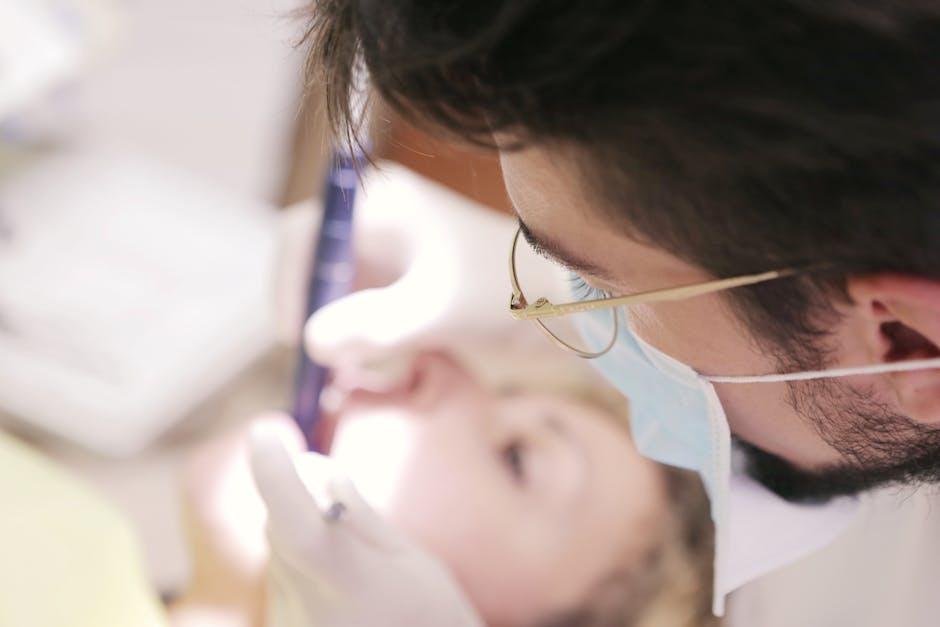
Private vs NHS Dental Charges – which.co.uk
Choosing between Private and NHS dental care is a common decision many people face in the UK. Understanding the difference in dental charges, treatment options, and quality of care is essential to make an informed choice that fits your needs and budget. This guide breaks down everything you need to know about Private dental charges versus NHS dental charges, helping you weigh up the costs, benefits, and practicalities.
Understanding NHS Dental Charges
The National Health Service (NHS) provides dental care at subsidised rates, which means the cost is generally lower than private treatment. NHS dental charges are standardised across England and are set at fixed bands to simplify pricing for patients.
NHS Dental Charging Bands
| Band | Cost (England) | Includes |
|---|---|---|
| Band 1 | £24.80 | Examination, diagnosis & advice, X-rays, scale and polish |
| Band 2 | £69.30 | All treatments in Band 1 plus fillings, root canal treatment, tooth removal |
| Band 3 | £282.80 | All treatments in Bands 1 and 2 plus crowns, dentures, bridges |
Note: These prices relate to NHS dental charges in England and are subject to change. Other UK nations have different schemes and pricing structures.
Benefits of NHS Dental Care
- Affordable pricing: Subsidised care makes treatments accessible to most people.
- Standardised care: Charges and treatments are consistent across NHS practices.
- Wide coverage: Essential dental services are covered, including dental emergencies.
- Free or reduced-cost care: Available to certain groups, including children, pregnant women, and low-income individuals.
Understanding Private Dental Charges
Private dental care operates outside the NHS and offers greater flexibility in treatment options, appointment times, and materials used. Unlike NHS charges, private dental costs vary greatly depending on the dentist, location, and complexity of the procedure.
Typical Private Dental Treatment Costs
| Treatment | Typical Cost (GBP) | Comments |
|---|---|---|
| Dental examination | £20 – £60 | Depends on practice location and reputation |
| Scale and polish | £40 – £100 | Usually more thorough than NHS equivalent |
| Composite filling | £70 – £150 | Different materials available |
| Root canal treatment | £200 – £400 | Price varies by tooth complexity |
| Crown | £400 – £1,200 | Wide choice of materials like porcelain, metal, zirconia |
Advantages of Private Dental Care
- No treatment restrictions: Access to more complex or cosmetic procedures without NHS limits.
- Shorter waiting times: Faster appointments and emergency treatments are often available.
- Choice of materials and specialists: Ability to select premium materials and specialist dentists.
- Flexible appointment times: Evening or weekend slots may be offered.
Key Differences Between NHS and Private Dental Charges
Deciding whether to opt for NHS or private dental care often comes down to understanding how costs, services, and convenience compare.
| Aspect | NHS Dental Charges | Private Dental Charges |
|---|---|---|
| Cost structure | Fixed bands, lower cost | Variable pricing; generally higher costs |
| Treatment options | Essential treatments covered | Comprehensive, cosmetic & specialist services |
| Appointment availability | Longer waiting times | More flexible, quicker appointments |
| Quality of materials | Basic, functional materials | Choice of premium materials |
| Eligibility | Some groups qualify for free/reduced cost | Available to everyone, no eligibility |
Practical Tips for Choosing Between Private and NHS Dental Care
- Assess your budget: Consider whether you prefer predictable NHS charges or are prepared to invest more for private options.
- Evaluate treatment needs: For cosmetic or specialist treatments, private dentistry can offer better options.
- Check waiting times: NHS dental appointments can have longer waits—urgent cases may benefit from private care.
- Ask about payment plans: Many private dentists offer financing or monthly plans.
- Research dentists: Read reviews and compare local practice costs for both NHS and private dentists.
- Confirm NHS availability: NHS dental places can be limited in some regions, so check availability first.
Case Study: Choosing the Right Option
Jane’s Story: Jane needed a crown for a damaged tooth. Through her NHS dentist, she was offered a metal crown under Band 3 for £282.80, but she was concerned about the aesthetics. She opted for private treatment costing £800 for a porcelain crown, improving appearance significantly but at three times the cost.
This case illustrates that while NHS care offers affordable and effective treatment, private dentistry can provide tailored, cosmetic results but requires a higher budget.
Conclusion
Understanding Private vs NHS dental charges is crucial for making the best decision for your dental health and finances. NHS dentistry is a cost-effective option for essential treatments with consistent pricing, while private dentistry offers greater flexibility, advanced treatments, and shorter wait times—albeit at a higher cost.
Assess your personal needs, budget, and treatment goals carefully. Whether you choose NHS or private dental care, staying informed ensures you receive the treatment quality and value you deserve.
For more detailed dental information and updates on charges, visit which.co.uk.


